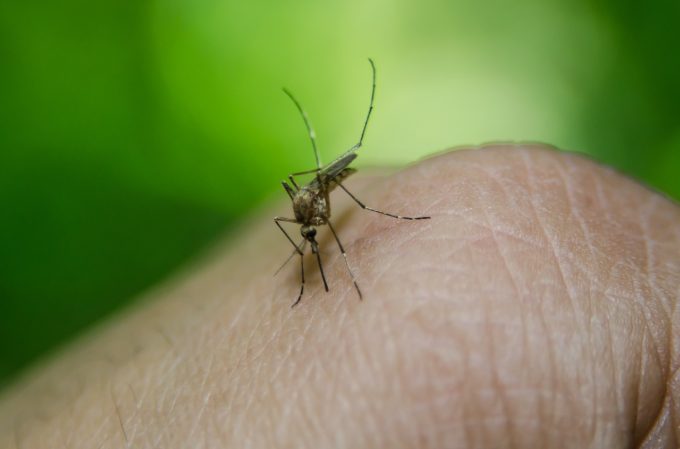The man from Marsala who has contracted West Nile fever, the mosquito virus, is still in serious condition, with prognosis for a reserved life.
The 73-year-old man, resident in the Cutusio district, has been hospitalized since mid-August in the intensive care unit of the “Sant’Antonio Abate” in Trapani with a neuroinvasive form of the disease. It is the first case in Sicily.
The ASP has activated all the health surveillance protocols. “As far as the epidemiological aspect is concerned, we have completed the work that had to be done”, says Gaspare Canzoneri, head of the epidemiology prevention department of the provincial ASP.
Since Friday, surveillance on the environment and animals has been activated within a radius of 3 kilometers from the area where humans live. The animals, in fact, represent the reservoir of the virus. “The sampling of the rural and equine poultry farms where the patient lives has begun”, adds Canzoneri. At the same time, entomological surveillance was activated. In fact, in these days, traps have been placed to catch mosquitoes and be able to examine them. “There is a study of the neighboring area, too, and it is necessary to identify any water deposits, following the veterinary method”.
The patient never left Marsala, so the hypothesis that he was stung in other countries was excluded. This is an indigenous case for which various checks are envisaged. Obviously it is not easy, the territory is vast. It was also ruled out that he caught the virus through a blood transfusion, because he didn’t. Precisely in this sense, the ASP has activated the controls in the transfusion centers, analysis centers and blood donation centers, because when such a case occurs, patients subject to transfusions and blood donors must be checked. “They are very demanding controls, but the safety protocol requires you to follow clear rules. The epidemiological control made us exclude other cases “.
Meanwhile, a new environmental disinfestation campaign will begin in the early hours of the night of today 20 September, after 11.50 pm, which will continue for two more nights to follow, on 21 and 22 September. Interested in this reclamation action is the Marsala area including the popular districts of Sappusi, Amabilina and via Istria where the disinfestation will take place next Thursday. Although the disinfestation is carried out with non-toxic products, the population is asked not to leave the aromatic plants out for these nights and to close the windows, where possible.
The new environmental disinfestation campaign, implemented by the Municipality with an external company, was commissioned by the Municipal Administration and specifically by the Department of Hygiene directed by Michele Milazzo, had already been planned but is even more useful considering the case of West Nile registered in the countryside of our city.
But what is the mosquito virus?
The exact term is West Nile Fever is a disease caused by the West Nile virus (Wnv), a virus of the Flaviviridae family isolated for the first time in 1937 in Uganda, precisely in the West Nile district (hence its name). The virus has spread to Africa, West Asia, Europe, Australia and America.
The reservoirs of the virus are wild birds and mosquitoes (most frequently of the Culex type), whose bites are the main means of transmission to humans. Other documented means of infection, although much rarer, are organ transplants, blood transfusions, and mother-to-fetus transmission in pregnancy. West Nile fever is not spread from person to person through contact with infected people. The virus also infects other mammals, especially horses, but in some cases also dogs, cats, rabbits and others.
Incubation and symptoms
The incubation period from the moment of the infected mosquito bite varies between 2 and 14 days, but it can be as long as 21 days in subjects with deficiency in the immune system.
Most infected people show no symptoms. Among the symptomatic cases, about 20% have mild symptoms: fever, headache, nausea, vomiting, swollen lymph nodes, skin rashes. These symptoms can last a few days, in rare cases a few weeks, and can vary greatly depending on the age of the person. In children a mild fever is more frequent, in young people the symptoms are characterized by medium-high fever, redness of the eyes, headache and muscle aches. In the elderly and in debilitated people, however, the symptoms can be more severe.
The most severe symptoms occur on average in less than 1% of infected people (1 in 150 people), and include high fever, severe headaches, muscle weakness, disorientation, tremors, visual disturbances, numbness, seizures, up to to paralysis and coma. Some neurological effects can be permanent. In severe cases (about 1 in a thousand) the virus can cause lethal encephalitis.
Come
